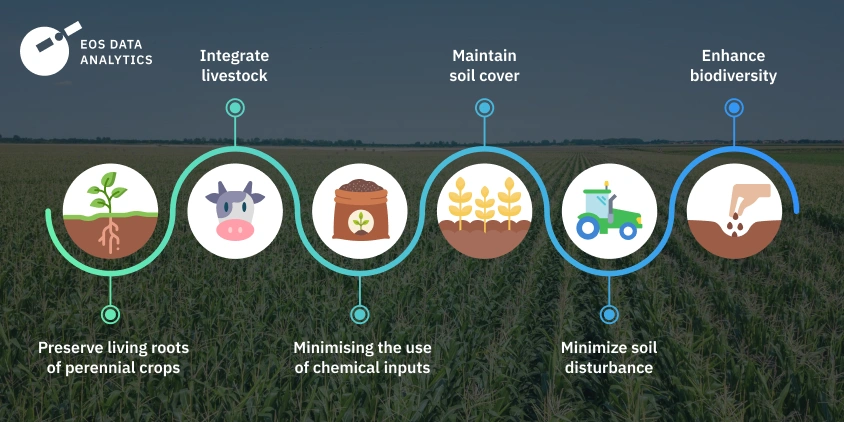5 Mistakes Food Businesses Make When Choosing a Flavour Supplier
- Digital Marketing
- May 14, 2025
- 3 min read
In the food industry, flavor is everything. It’s what draws customers back for more, shapes your brand’s identity, and sets you apart from competitors. That’s why choosing the right flavour supplier is a critical decision for any food business — whether you’re a small artisanal brand or a global manufacturer.
However, many businesses make costly mistakes during the selection process. These errors can lead to inconsistent product quality, dissatisfied customers, regulatory issues, and even financial loss. To help you make a smarter choice, let’s dive into the five most common mistakes food businesses make when choosing a flavour supplier — and how to avoid them.

1. Prioritizing Flavour Cost Over Quality
It’s tempting to choose the cheapest supplier, especially when trying to maximize margins. However, when it comes to flavours, you truly get what you pay for. Low-cost flavour suppliers often compromise on the quality of raw ingredients, use inferior extraction processes, or cut corners on food safety protocols.
As a result, the final product may taste artificial, inconsistent, or simply fail to deliver the wow factor your brand needs. Worse, poor-quality flavours can lead to customer complaints, negative reviews, and lost loyalty — costing far more in the long run than the savings you initially made.
Tip: Always prioritize suppliers who offer high-quality, authentic flavours, even if they come at a slightly higher price. Consider it an investment in your brand’s reputation.
2. Ignoring Customization Capabilities
Every food product is unique, and sometimes, off-the-shelf flavours simply won’t capture the profile you envision. One big mistake businesses make is partnering with a supplier who offers only standard flavours without any customization options.
When you don't have the flexibility to tweak or fine-tune a flavour, you risk launching a product that doesn’t align perfectly with your brand or target market preferences. Customization is critical, especially if you want to create signature items or differentiate yourself in a crowded market.
Tip: Look for suppliers who offer custom flavour development. A good partner will work closely with your team, understand your vision, and create flavours tailored to your exact needs.
3. Overlooking Regulatory Compliance
Food regulations are complex, and they vary significantly across different countries and regions. One common yet serious mistake is assuming that all flavour suppliers follow regulatory requirements. If your supplier’s products don't meet the necessary certifications or standards, you could face legal trouble, product recalls, and damage to your brand’s credibility.
This is especially important if you plan to export your products internationally or if you’re targeting consumers with specific dietary needs (e.g., organic, non-GMO, halal, kosher).
Tip: Always verify that the supplier complies with all relevant food safety regulations (like FDA, FSSAI, EFSA, etc.) and can provide proper documentation, such as certificates of analysis, allergen information, and regulatory data sheets.
4. Not Testing for Consistency
Consistency is key to building trust with your customers. Imagine if your product tasted slightly different every time someone bought it — it wouldn’t take long for your brand to lose credibility. Yet many businesses skip thorough testing and assume that once they approve a flavour sample, future batches will be identical.
In reality, factors like raw material sourcing, seasonal changes, and production methods can cause variations. If your supplier doesn’t have strict quality control measures, you’re at risk for major inconsistencies.
Tip: Before signing any long-term contract, ask about the supplier’s batch-to-batch consistency protocols. Request production samples over different periods and conduct internal sensory evaluations to ensure uniformity.
5. Failing to Build a Partnership Mindset
Finally, many businesses treat their flavour supplier relationship as purely transactional — just order, pay, and deliver. This approach misses out on the strategic value a good supplier can offer. An experienced flavour supplier isn’t just a vendor; they can be a critical innovation partner, helping you stay ahead of trends, solve formulation challenges, and improve your products over time.
By not building a strong partnership, you also risk communication breakdowns, slower problem resolution, and less willingness from the supplier to go the extra mile when you need it most.
Tip: Choose a supplier who values collaboration. Schedule regular check-ins, share feedback openly, involve them early in your product development process, and treat them as an extension of your R&D team.
Final Thoughts
Choosing a flavour supplier is one of the most important decisions a food business can make. Avoiding these five common mistakes — prioritizing quality over cost, ensuring customization, checking regulatory compliance, verifying consistency, and fostering a strong partnership — can help you build a solid foundation for long-term success.
Remember, your flavours are a reflection of your brand. Choosing the right supplier ensures that every bite your customer takes is a delicious reason to come back for more.
Looking for a flavour supplier you can trust? Take your time, ask the right questions, and always think long-term. Your customers — and your bottom line — will thank you for it!








Comments